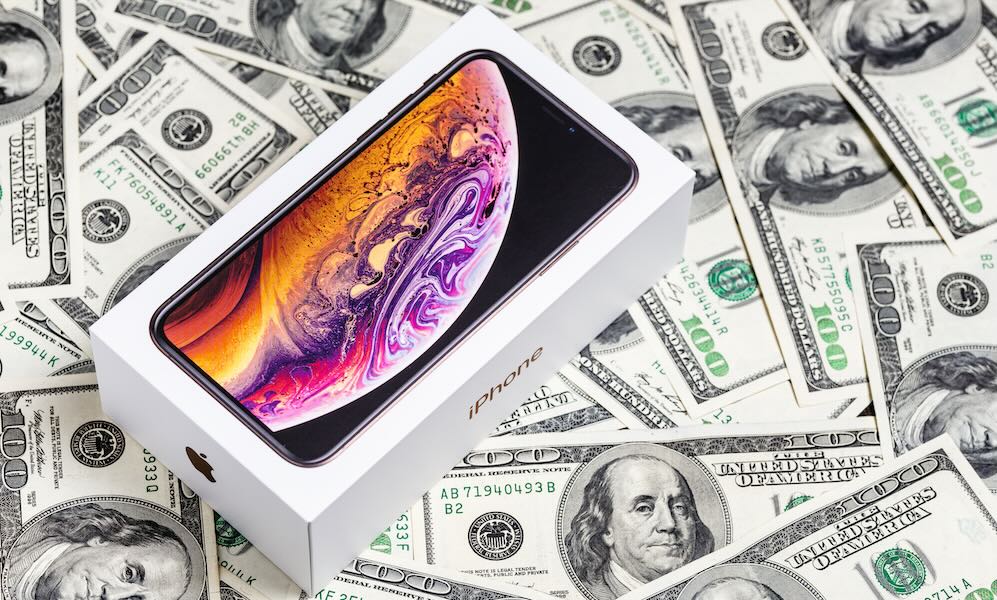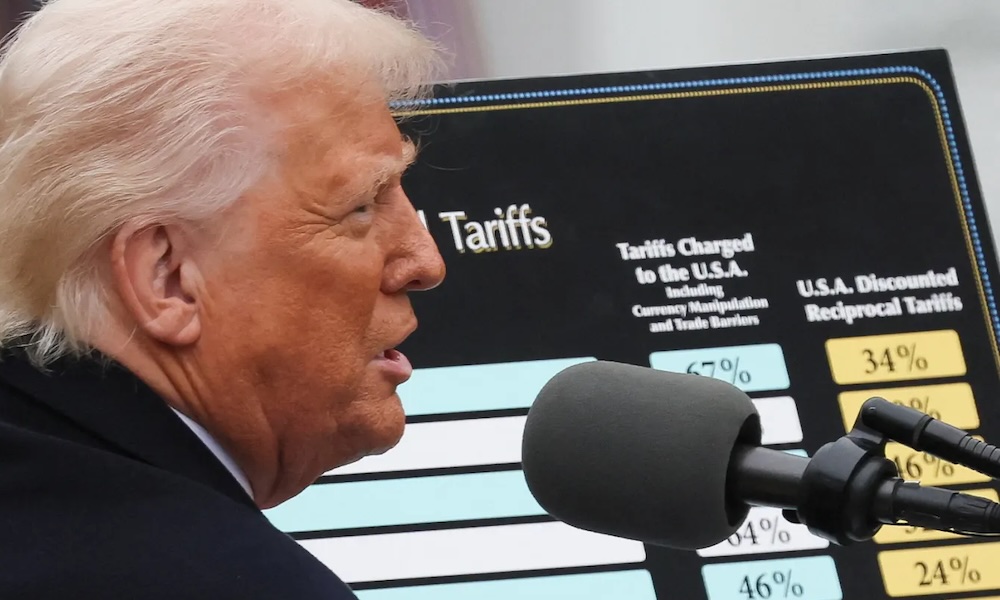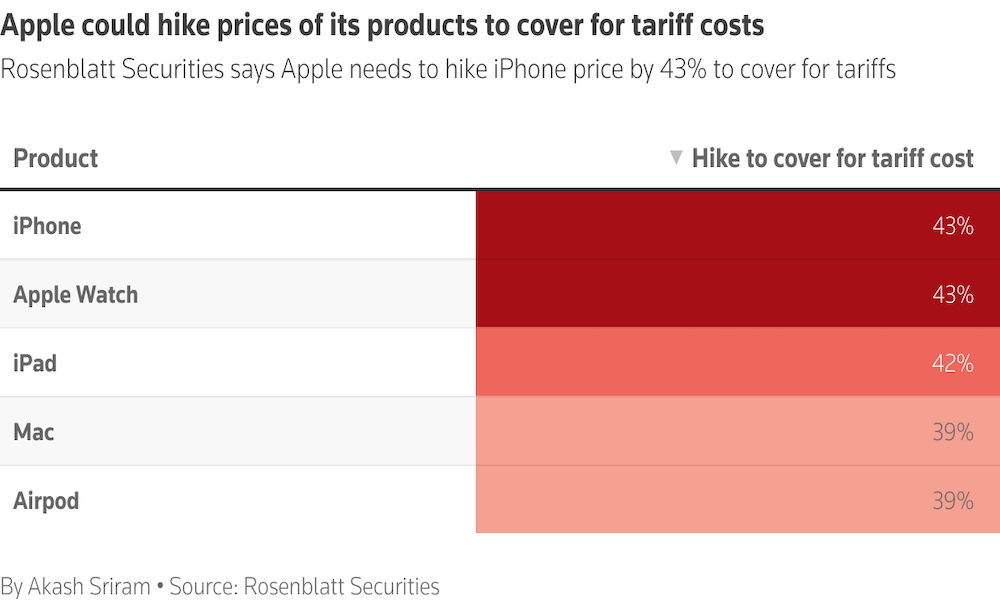Are Major Apple Price Hikes Just a Matter of Time?
 Credit: Kirill Gorlov / Adobe Stock
Credit: Kirill Gorlov / Adobe Stock
Toggle Dark Mode
You’ve probably heard by now. If not, maybe you checked your IRA or 401k and gasped at the dip. Yesterday, the Trump administration announced sweeping reciprocal tariffs with a baseline of 10% across the board.
Companies have already begun adjusting manufacturing logistics, announcing layoffs, and begging foreign leaders to meet Trump at the negotiation table. While the administration claims it’s digging its heels in, many speculate these tariffs are designed to force other countries to rework terms for imports and exports with the United States. Time will tell.
Trump may be demonstrating the art of the deal, but it’s likely to be a long game. For many Americans nearing retirement, these tariffs introduce unwelcome volatility to the market. While future generations may stand to gain, there seems to be one near-term certainty: Prices of consumer goods are going to increase. What could the future prices of Apple products look like?
Buckle up.
Most iPhone manufacturing occurs in China, which has just been hit with a 54% tariff. Apple has concentrated efforts on moving some manufacturing out of China to places like India and Vietnam. However, there’s no hiding from Trump’s tariffs. India was hit with a 26% tariff, while Vietnam’s is 46%. Is there any possible way Apple can avoid colossal price hikes for consumers?
According to Rosenblatt Securities, Apple would need to hike the price of the iPhone by 43% to account for tariff costs and maintain margins on iPhone sales. Apple may increase prices slightly in the immediate future but hold off on big increases until the release of their iPhone 17 later this year. While this 43% figure seems astronomical, other analysts agree that a 30-40% price increase on Apple products will be required to keep the status quo for Apple shareholders. What Apple ultimately decides to do is another question entirely.
Just for fun, here’s what these price hikes could look like.
- iPhone 16e: from $599 to $850
- iPhone 16: from $800 to $1,145
- iPhone 16 Pro Max with 1 TB storage: from $1,599 to $2,290
While it’s unlikely Apple will pass the full cost of tariffs to the consumer, Apple customers will likely have to pony up a bit more for new products pretty soon. Other market conditions and the company’s pricing strategy will also play a role.
As it stands, it seems reasonable to expect at least a moderate increase of 5-10% for new iPhones and other Apple devices at some point this year as Apple tries to strike a balance between happy shareholders and happy customers. As we know, iPhones, iPads, Macs, and Apple Watches aren’t cheap. Even small price hikes are meaningful when it comes to Apple. No wonder banks are jockeying to win Apple’s credit card business. Some of us may not have a choice but to buy now, pay later.









